Responding to a question by Magyar Nemzet's journalist, Gladden Pappin explained that ordinary Europeans are very dissatisfied with the direction Europe has been heading towards in the past five years. He says the problem is that the decisions taken by European leaders do not reflect the views of ordinary people.
The major decisions to support the war, particularly in the last few years, and many other decisions by European politicians, have been taken without proper consultation with everyday people. And the consequences of these decisions have weakened the European economy, threatened European security and European industry, as well as European culture itself.
With the strengthening of the right wing, there is reason to hope that the pro-peace position will be more strongly represented after the elections, he stated.
Evaluating the work of the European Parliament and the European Commission over the course of the past five years, Mr Pappin said the coalition governing the European Parliament had become increasingly liberal and progressive over the years, and the direction taken by the European Commission had also moved away from public opinion and the solid foundations of a conservative approach.
Firstly, the financing of the war by Europe was accepted without any strategic plans, explanations or the possibility of accountability, and since things did not turn out as hoped in this area, accountability must happen. We also saw how the rule of law concept has been turned against countries such as Hungary and, previously, Poland. European elites dream of creating a United States of Europe, but the consequences of their decisions have been disastrous for the European economy and have led to the decline of European industry. We are talking about policies that were introduced after the start of the war, such as the reduction of risks and the energy sanctions; all of which has made life very difficult for ordinary European citizens,
– he said. He also emphasized that
We can only hope that,during the forthcoming elections, ordinary people will express their will on these issues at a European level.
According to Mr Pappin, the most urgent task for the new European Parliament is to consider the consequences of the war. He said
as far as I can see, there is a complete lack of strategic debate in the European Parliament. There has been no discussion of what is at stake in terms of the war, and where it might lead in the long term. And if Europeans cannot talk about how the war will end, they are driving themselves over the edge.
Regarding the EU's new migration pact, he underlined that it does not reflect Hungary's position on how to deal with the migration problem, but it does show that Hungary has been pursuing the right policy from the beginning. He said punishing Hungary because of its stance on migration is unacceptable.
Hungary took the decision to protect its external borders back in 2015. The result is a society that is still peaceful and secure today. Unfortunately however, we can see that this is less and less the case in major Western European cities, where migration has had a more profound impcat. So, others have also recognized that the migration situation in Europe is unsustainable and they are trying to find a solution. Now, some elements of these solution proposals are also present in Hungary's position, such as trying to keep migrants out of the EU before the can sumbit any asylum application documents,
– Mr Pappin said. He emphasized that Geert Wilders, the Netherlands' most influential politician at the moment, has been calling for a tougher migration policy for essentially two decades. So, it appears that more and more people in Europe are recognizing that this is a problem, and that it's important to continue to fight illegal migration before it is too late.
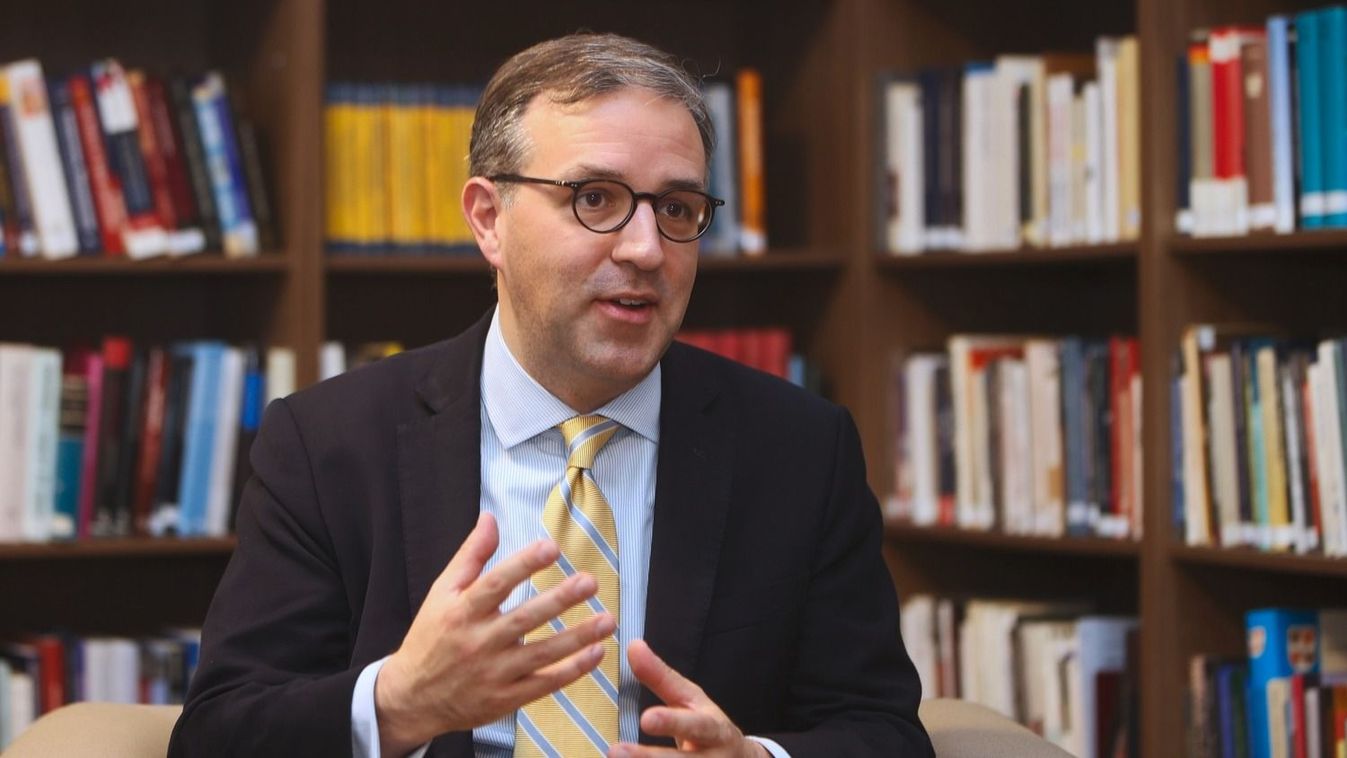

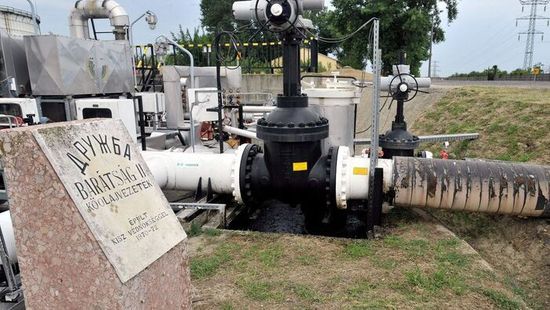

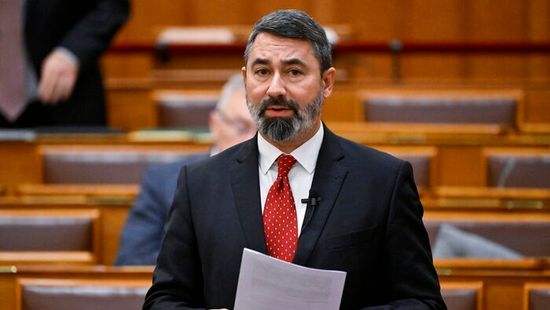

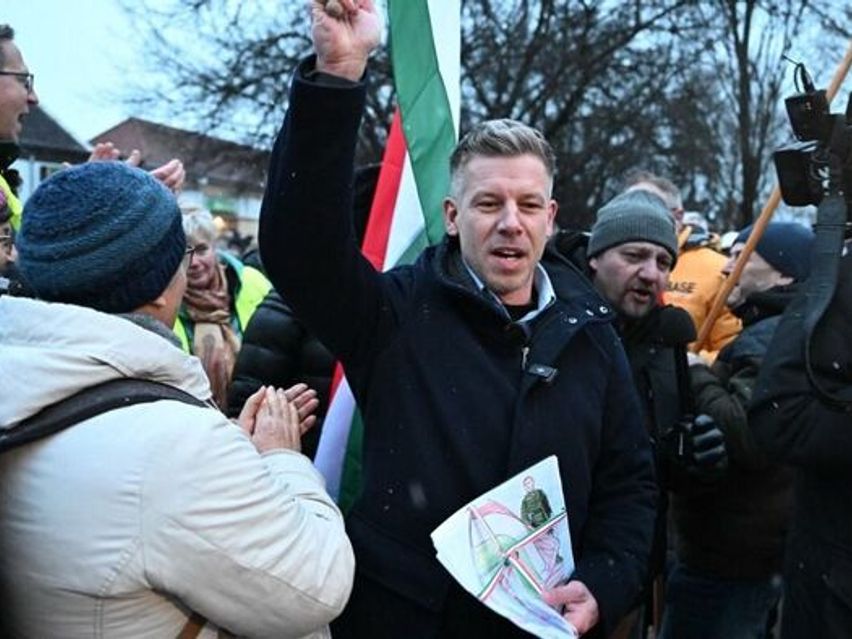

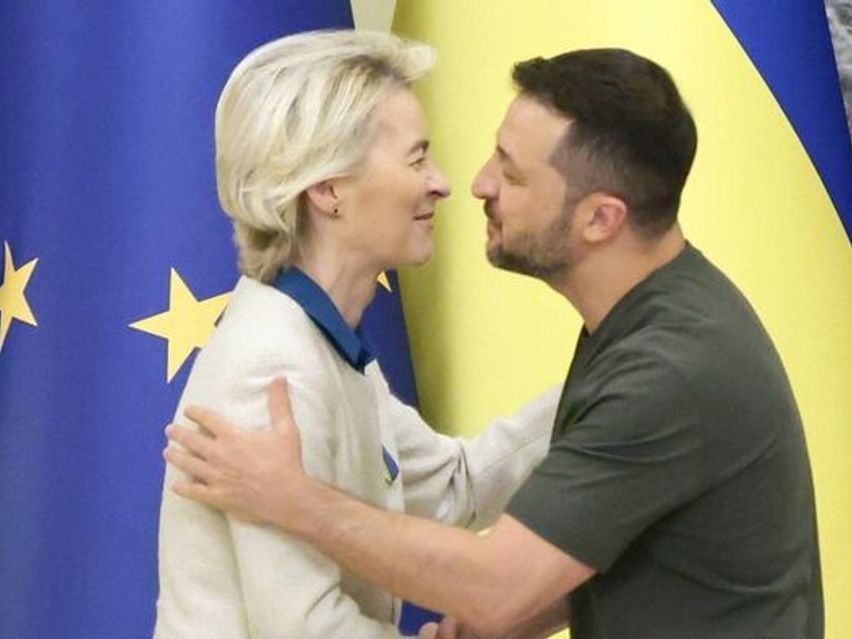
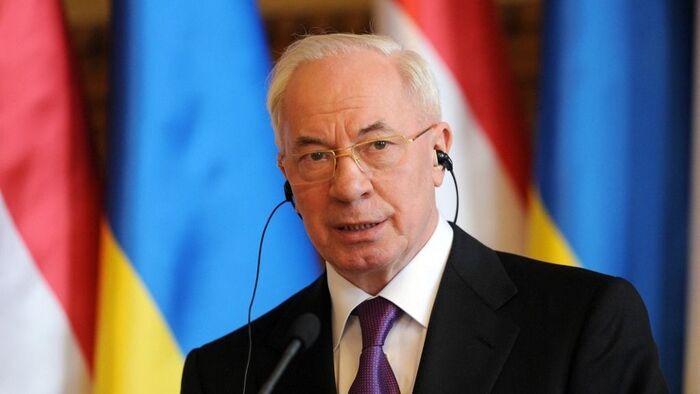

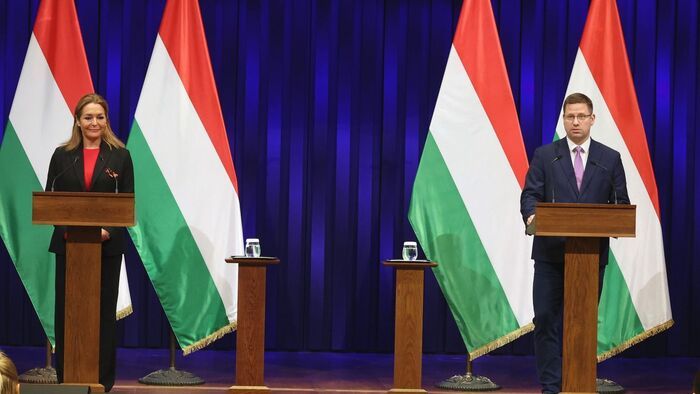
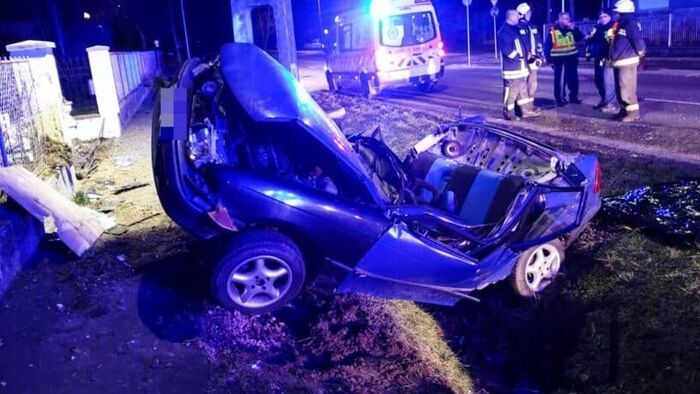

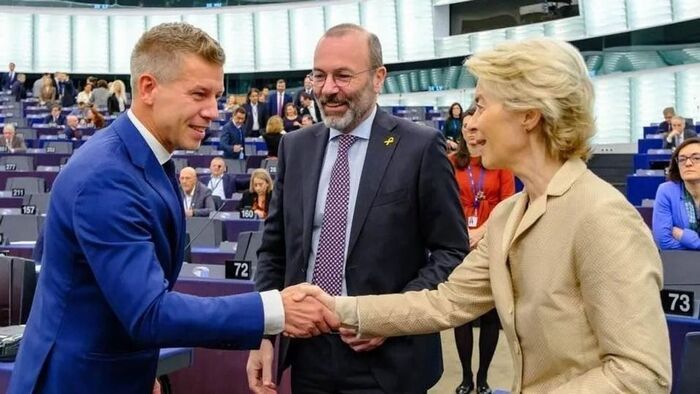
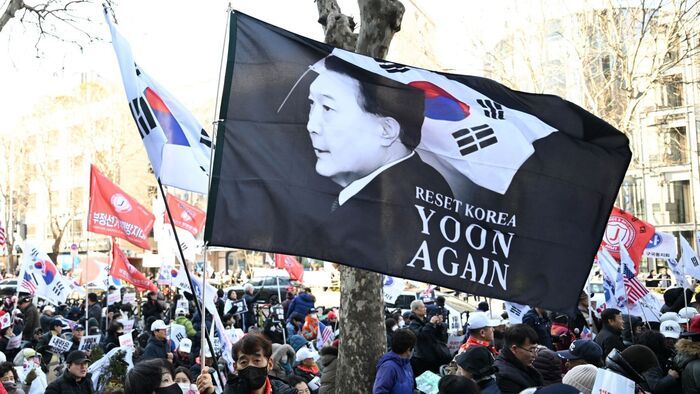


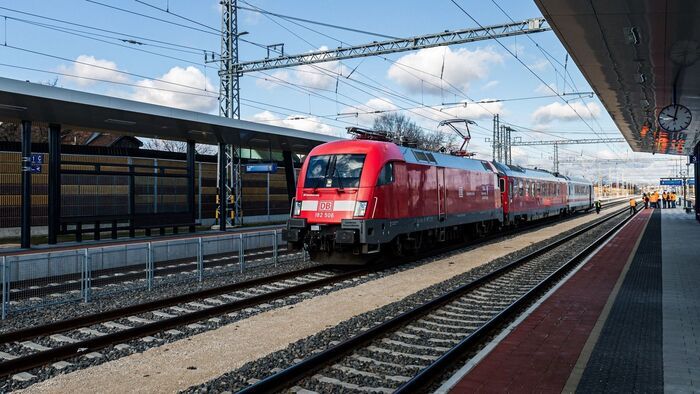



Szóljon hozzá!
Jelenleg csak a hozzászólások egy kis részét látja. Hozzászóláshoz és a további kommentek megtekintéséhez lépjen be, vagy regisztráljon!